Industry News
-

The advantage of Seaweed fertilizer
Seaweed fertilizer refers to a fertilizer made from large seaweeds grown in the ocean, which are processed to extract the effective components through chemical, physical, or biological methods. It is applied to plants as a nutrient to promote plant growth, increase yield, and improve the quality ...Read more -
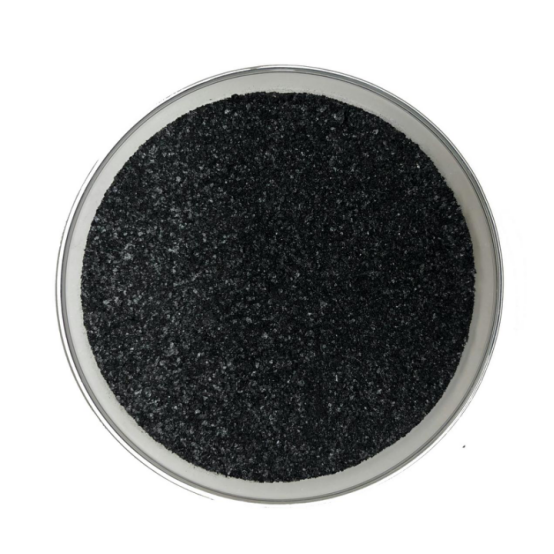
How to identify the authenticity of mineral potassium fulvic acid
Today I will tell you about a very popular fertilizer on the market – potassium fulvic acid from mineral sources. Note that it is not ordinary biochemical potassium fulvic acid. As we all know, potassium fulvic acid is very helpful in improving soil quality, assisting crop growth, and impro...Read more -
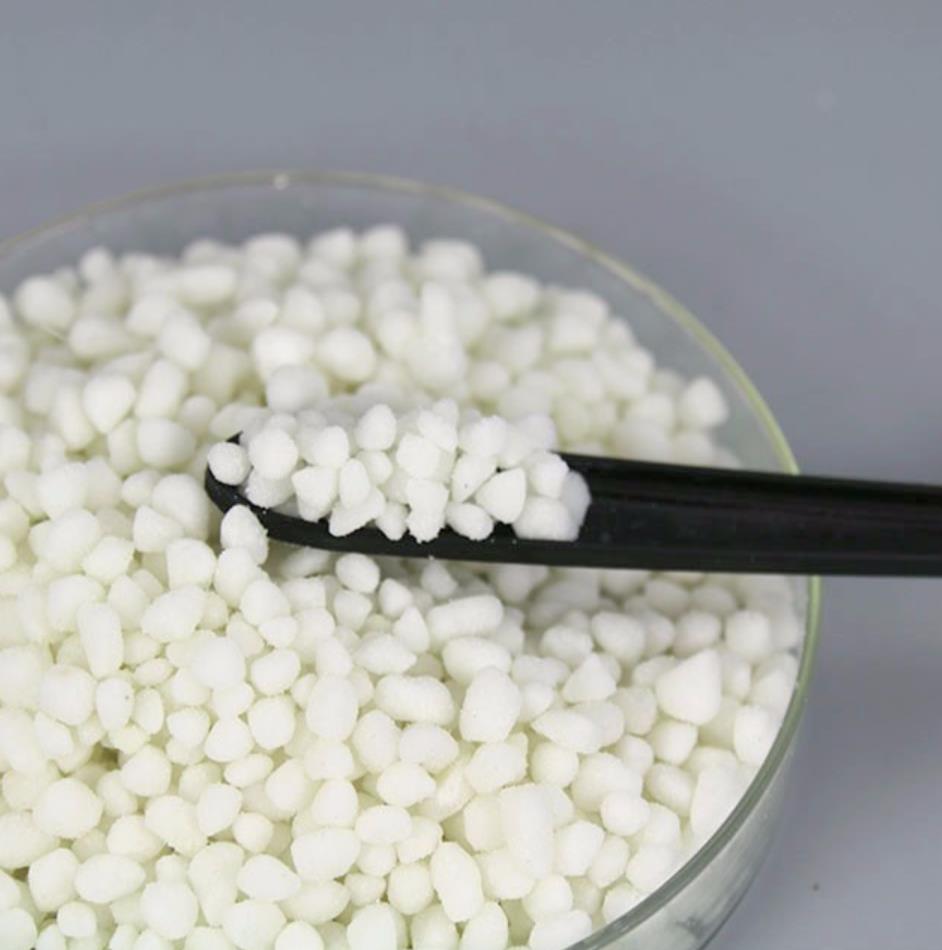
Large, medium and trace elements in fertilizers
Large, medium and trace elements in fertilizers, large elements refer to nitrogen, phosphorus and potassium, medium elements refer to calcium, magnesium and sulfur, and trace elements refer to iron, manganese, zinc, copper, molybdenum, boron and chlorine. First, distinguish from the content: 1, t...Read more -

China Factory Wholesale Plant Growth Hormone Gibberellic Acid Agrochemical GA3
Gibberellic Acid (GA3) is a high-efficiency broad-spectrum plant growth regulator, which can promote crop growth and development, mature earlier, improve quality and yield. It can quickly break the dormancy of organs of seeds, tubers and bulbs, promote germination, reduce the shedding of buds, fl...Read more -

Avermectins, the Chinese name of Avermectins
Avermectins, the Chinese name of Avermectins, is a 16-membered macrolide compound with insecticidal, acaricidal and nematicidal activities first developed by Satoshi Omura of Kitasato University in Japan and Merck of the United States. It is produced by Streptomyces Produced by fermentation of St...Read more -
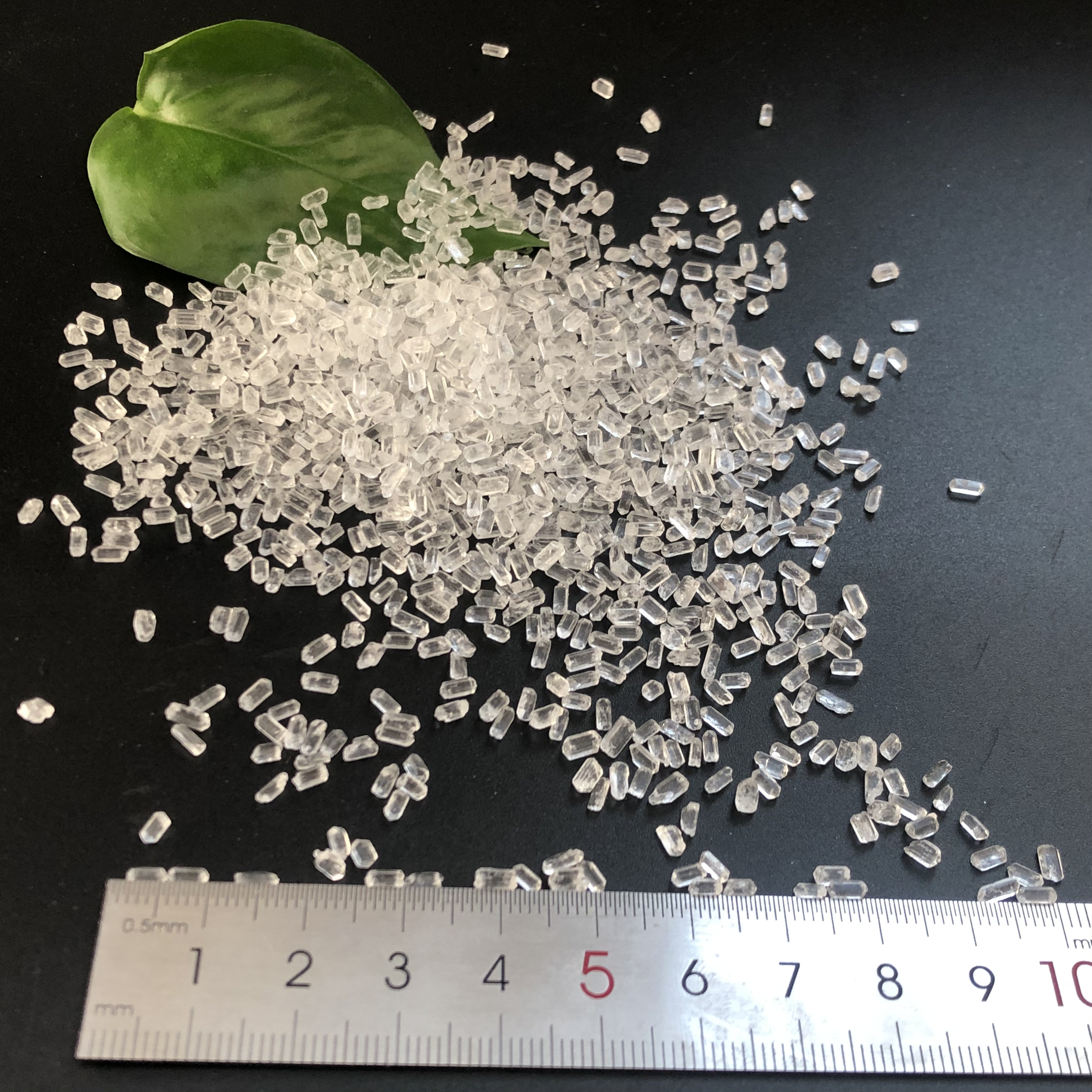
The role of magnesium sulfate fertilizer
The role of magnesium sulfate fertilizer, commonly known as Epsom salt, is pivotal in promoting healthy plant growth and enhancing soil conditions. Magnesium sulfate is a vital source of magnesium and sulfur for plants, and its application brings about various benefits in agriculture and horticul...Read more -

the use of calcium nitrate decahydrate and precautions:
Calcium nitrate decahydrate is a common chemical substance widely used in fertilizers, pharmaceuticals, food additives and other fields. In agricultural production, Calcium nitrate decahydrate is widely used for soil improvement and plant growth regulation. Usage of Calcium nitrate decahydrate ...Read more -
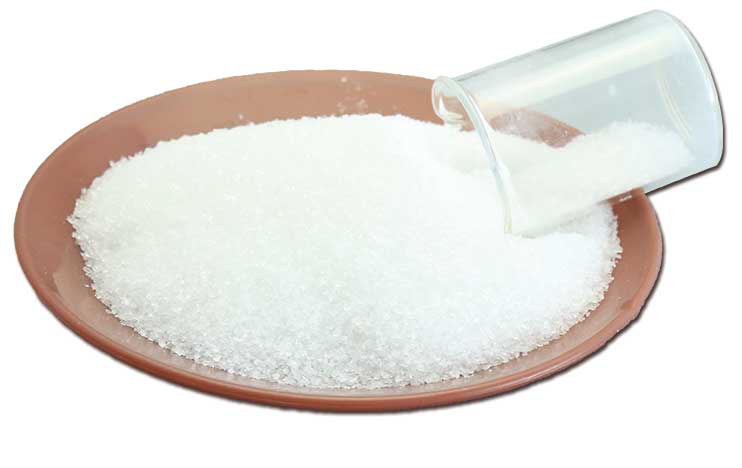
MKP has high nutrient content and good effect
MKP has high nutrient content and good effect, and is widely used in agricultural production, but potassium dihydrogen phosphate is good and should be used correctly. Many growers do not pay attention to the use of potassium dihydrogen phosphate when using it, and it is not effective and wasted. ...Read more -
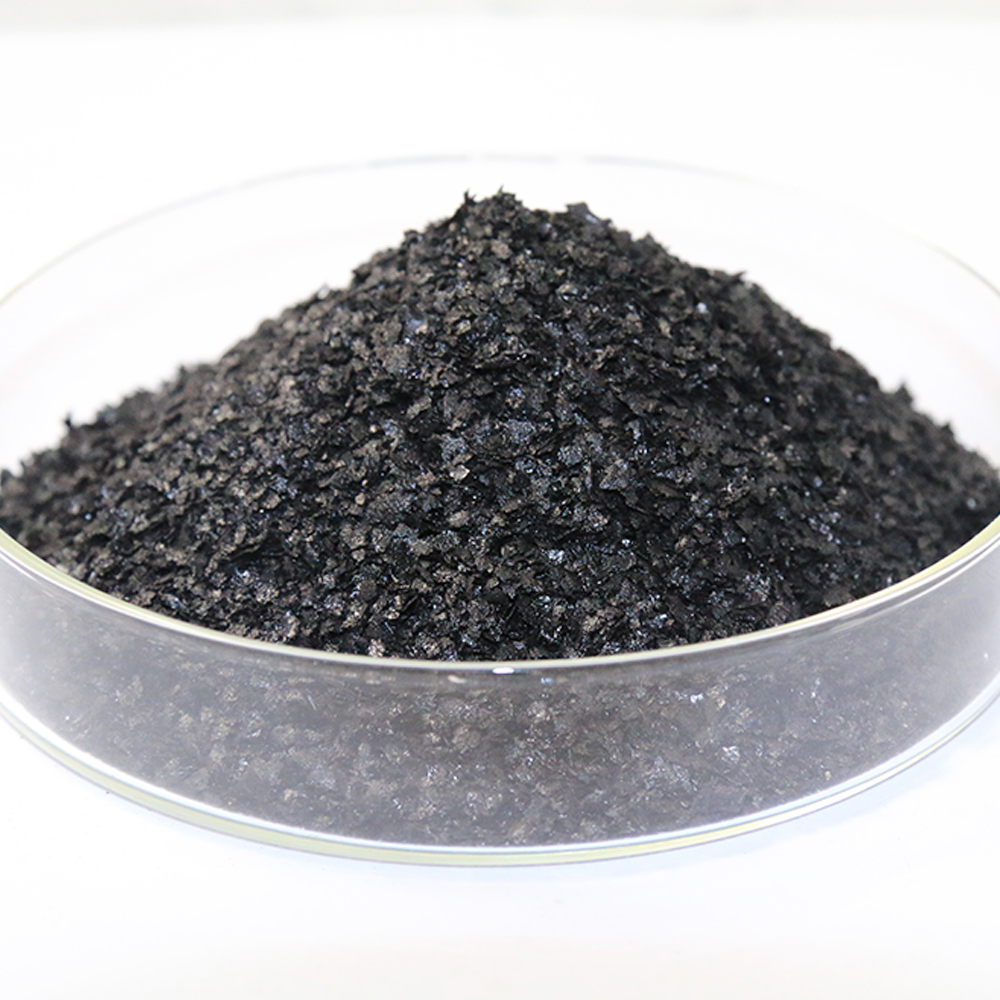
seaweed extract fertilizer 10 advantages
1.Naturial raw material. The natural marine bio-organic fertilizer was prepared by grinding, ripening, fermenting, chelating and refining with various natural plants such as pollution-free and pollution-free marine algae in tropical waters. 2.No pollution. It can be combined with chemical fertili...Read more -

The agricultural application value of paclobutrazol lies in its control effect on crop growth
Paclobutrazol is a triazole plant growth regulator successfully developed in the 1980s. It is an inhibitor of endogenous gibberellin synthesis. It can also increase the activity of rice indole acetate oxidase and reduce the level of endogenous IAA in rice seedlings. Significantly weakens the grow...Read more -
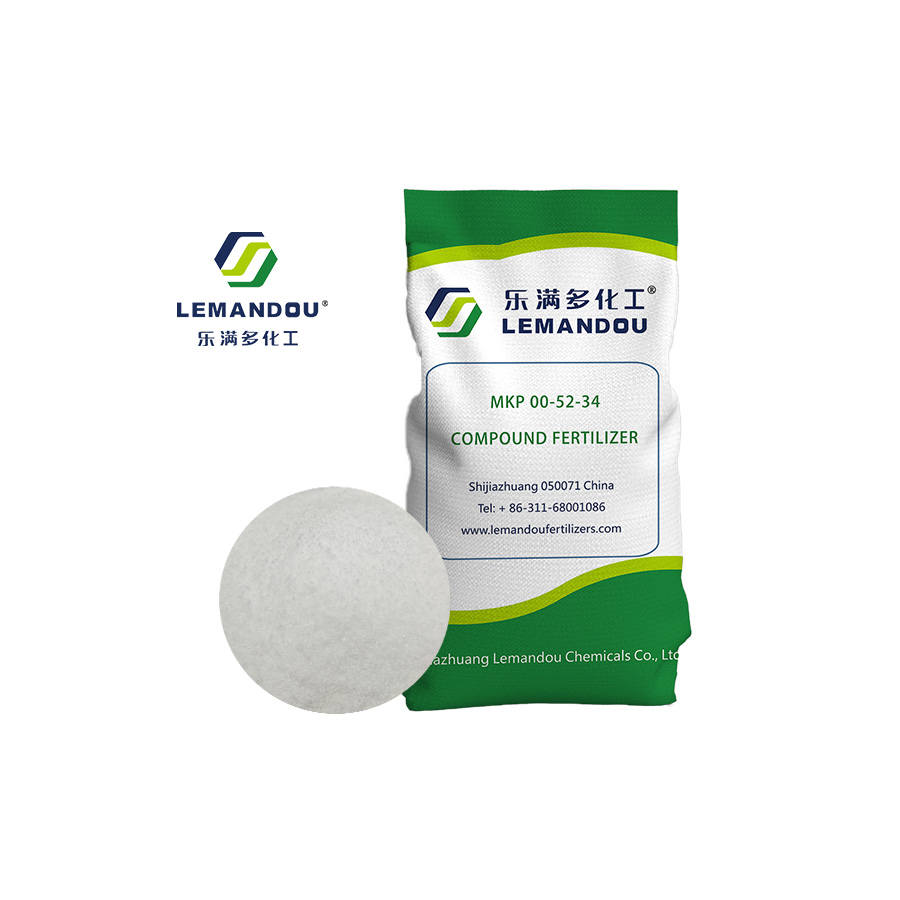
The efficacy and role of MKP
The efficacy and functions are as follows: 1. Promote nutrient absorption. Potassium hydrogen phosphate can effectively promote the photosynthetic carbon fixation ability of crops, and accelerate the absorption and transformation of nutrients by crops. Phosphorus is an essential nutrient for plan...Read more -
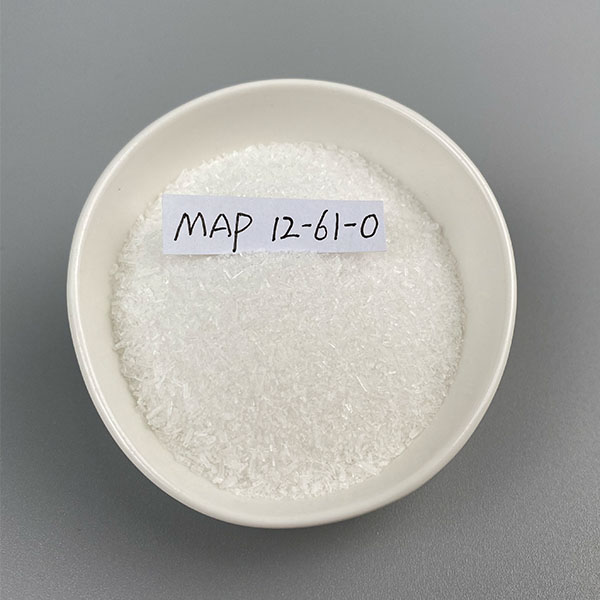
Why do we need to fertilize our crops?
Because all living plants need a range of essential nutrients to function and grow, crops, whether leaves, roots, stems, grains, or fruits, need to produce economic yields. The nutrients contained in the soil alone are far from enough, so we need to spread specific elements of fertilizer at speci...Read more





